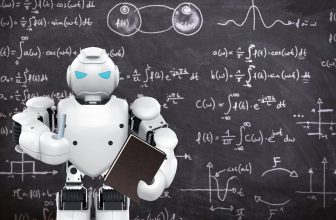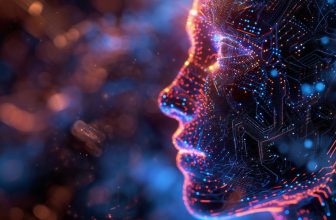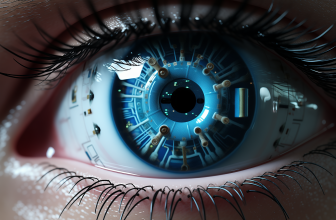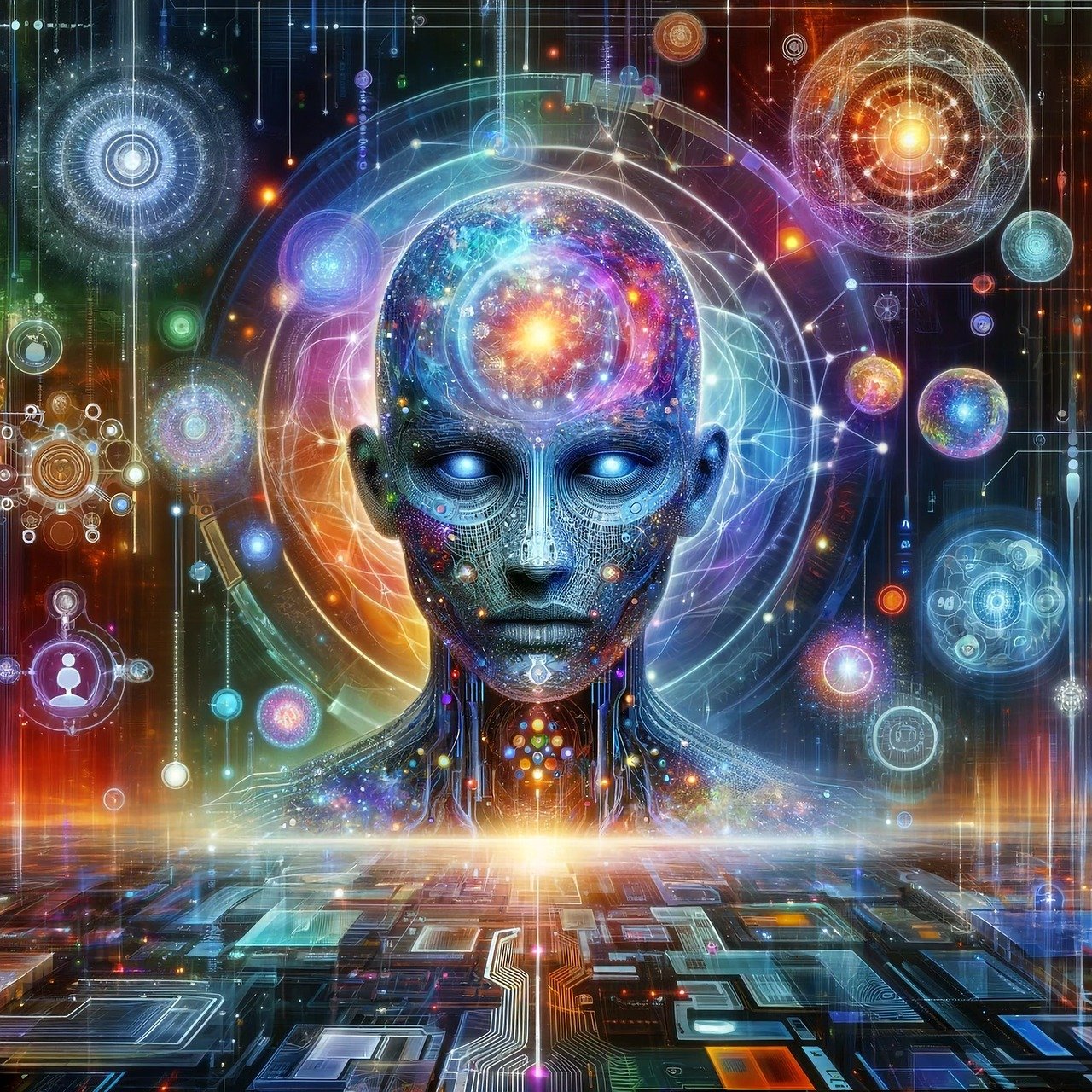
The influence of artificial intelligence (AI) on the film industry is nothing short of transformative, reshaping how we conceive, produce, and experience movies. From scriptwriting and pre-production to post-production editing and distribution, AI has become a silent partner in creating stunning visual narratives and delivering immersive experiences. Here’s a dive into the ways AI is shaping modern filmmaking, and what this might mean for the future of cinema.
1. AI-Driven Scriptwriting and Idea Generation
One of the initial steps in filmmaking, screenwriting, is an area where AI is increasingly assisting human writers. AI-powered tools analyze past scripts, themes, character arcs, and plot structures to suggest ideas or even generate complete scripts. For instance, some platforms can review successful scripts, studying what made them resonate with audiences, and suggest similar story structures for new projects. This doesn’t replace the creativity of a human writer but instead serves as an innovative tool to spark fresh ideas and enhance narrative flow.
2. Casting and Character Creation
Casting decisions are critical in movie production. AI algorithms can now analyze audience preferences, past performances, and even character-actor compatibility to make data-driven casting recommendations. Additionally, AI is used to create digital characters that are both realistic and customizable, helping filmmakers visualize characters long before production begins. This has been particularly impactful in animation, CGI-heavy films, and even live-action movies requiring high levels of character personalization.
3. Visual Effects (VFX) and CGI Enhancements
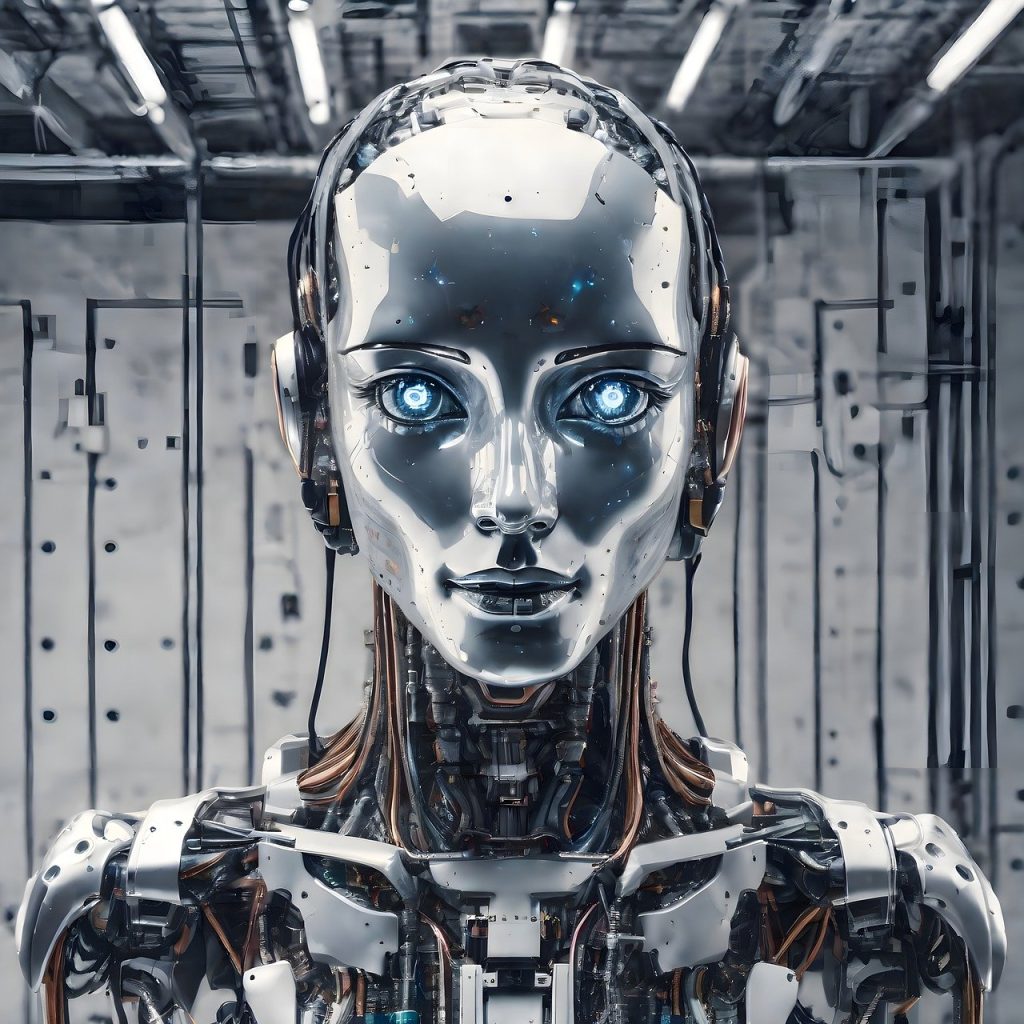
Visual effects are often complex, time-consuming, and expensive, but AI is changing that. AI accelerates VFX by automating intricate processes like scene compositing, rotoscoping, and rendering. Algorithms can generate realistic landscapes, simulate physics, and create photorealistic animations that would otherwise take hours or days to complete manually. This speed and precision open up new avenues for indie filmmakers, allowing them to achieve Hollywood-level effects without a Hollywood budget.
4. Editing with AI Precision
Editing is another major aspect where AI is making waves. Using machine learning, AI software can analyze footage and make initial editing passes based on pacing, emotion, and visual coherence. For instance, AI can identify and highlight the most dramatic moments, suggest transition types, and sync audio seamlessly with visuals. By reducing time spent on routine editing, AI allows editors to focus on the creative aspects, fine-tuning the movie to evoke the intended emotional responses from the audience.
5. Enhancing Audience Engagement through Personalized Recommendations
AI is also key in audience analytics and distribution. Platforms like Netflix and Amazon Prime use AI to personalize recommendations, ensuring viewers discover films that match their tastes. Filmmakers and studios can leverage AI data to gain insights into viewer preferences, enhancing their marketing strategies and even tailoring content to align with current trends. This level of personalization goes beyond traditional demographics, offering an experience unique to each viewer.
6. Predicting Box Office Success
The box office success of a film can sometimes be unpredictable, but AI is changing that by analyzing various factors—genre, cast, budget, release timing, and marketing strategies—to forecast a movie’s potential profitability. AI predictive models are fine-tuned by learning from past box office data and emerging audience trends, providing filmmakers and studios with data-driven insights to inform production and promotional decisions.
7. Deepfake Technology and De-Aging Effects
Deepfake technology, powered by AI, has the potential to revolutionize character depiction, allowing actors to appear at different ages seamlessly or even revive historical figures with uncanny accuracy. This has been particularly effective in high-budget films to create seamless de-aging effects, helping producers achieve unparalleled levels of realism.
The Future of AI in Filmmaking
The rise of AI in filmmaking opens up exciting possibilities, making it easier than ever for storytellers to bring complex visions to life while reaching new creative heights. However, the journey toward fully AI-integrated filmmaking also raises ethical questions, especially regarding the replacement of human roles, content authenticity, and the future of creative control.
As AI continues to evolve, it will likely become an indispensable companion in filmmaking, not replacing but enhancing the creativity and efficiency of filmmakers worldwide. For both budding and seasoned filmmakers, embracing AI’s capabilities can open doors to innovation that can redefine what’s possible on the big screen.

